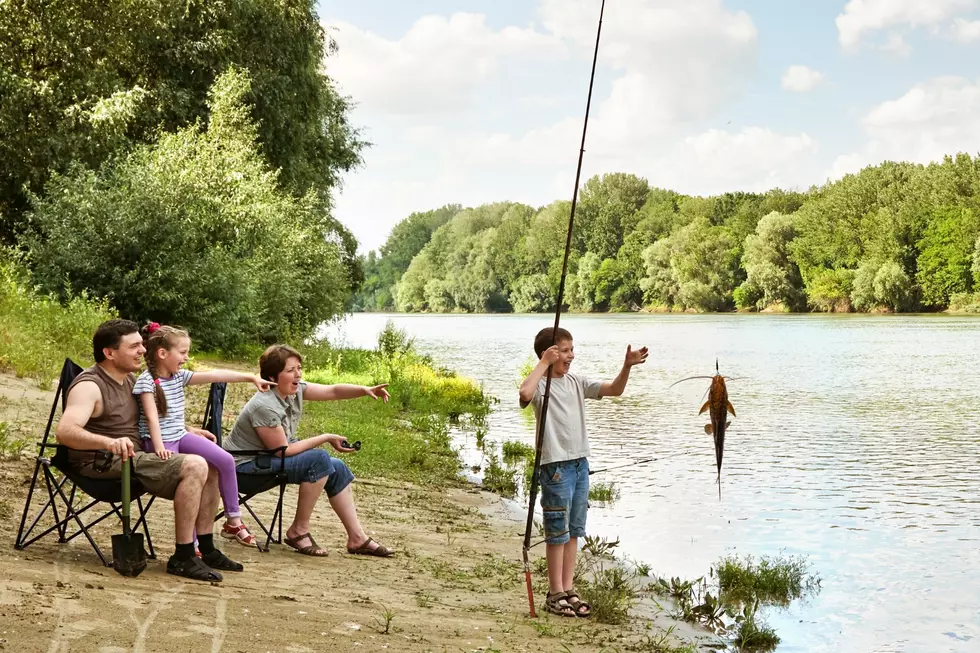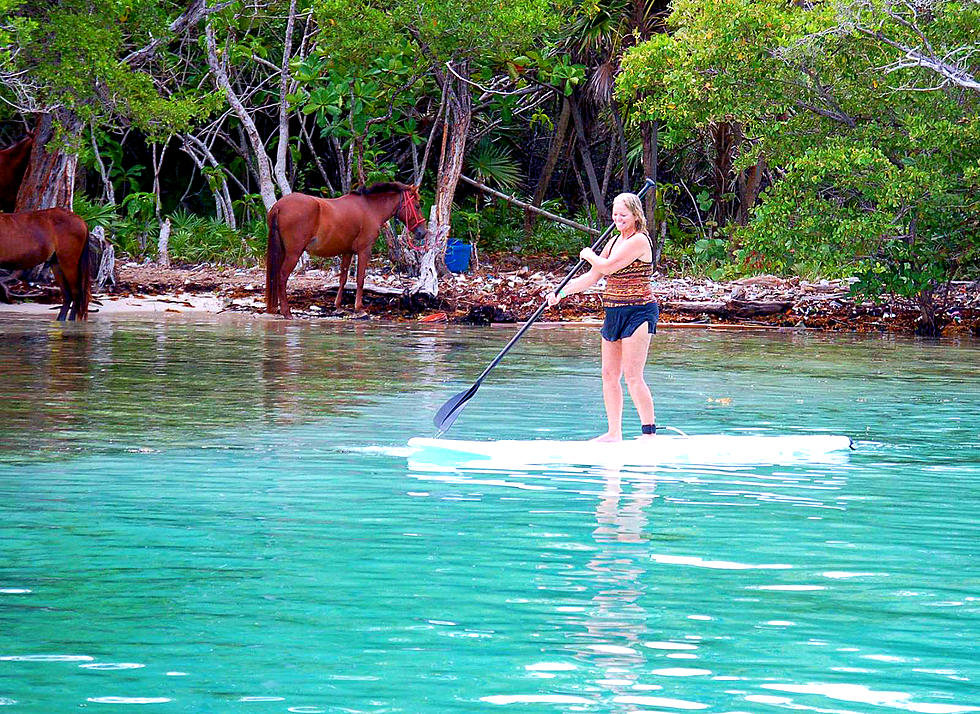Some West Texas Lakes are Infested with the Invasive Zebra Mussels
First off, I'm an avid outdoorsman and I love spending some time at our area lakes. But, when I first heard that several of our West Texas lakes were infested with the invasive Zebra Mussel, I thought to myself "what the heck is a Zebra Mussel, can you eat them, and how dangerous are they?
So like every good outdoorsman, I looked them up and I found TexasInvasises.org from them, I learned that zebra mussels are spreading throughout our lakes by hitching a ride on our boats, personal watercrafts, tubes, wakeboards, and canoes. They not only do damage to our area lakes but can also do damage to whatever water vehicle they attach themselves to.
They are very easy to identify because they're about an inch and a half long with brown and beige zebra like stripes and they develop a hard shell. The worst part is the one single little zebra Mussel can produce up to a million micro-sized larvae. They are also known to devastate aquatic life and do damage to boats and other watercrafts of all kinds.
They attach themselves all over the boat trailers, wheels, axles, boats, boat motors, skis, and all our water gear. The crazy part is if you're like my family we bring home the boat and gear and let it sit in the driveway until next weekend.
Then, the weekend hits and we're off to the same lake or go to another. The bad news is the zebra mussels are still attached and still alive. As soon as we enter the water we are spreading those nasty little creatures to the next lake.
The best way to avoid this happening is that as soon as we leave the lakes we go straight to the car wash and using the high-pressure wand with soap and wash all our water/lake gear thoroughly, and then let them dry for at least seven or more days.
Learn where to look for those nasty little creatures, check out the Texas Parks and Wildlife video below, and from the video above learn more about the destructive zebra mussels and how to clean up your water-gear after being on the lake, from TexasInvasive.org.

The 100 Best Places to Live on the East Coast
More From KEAN 105









